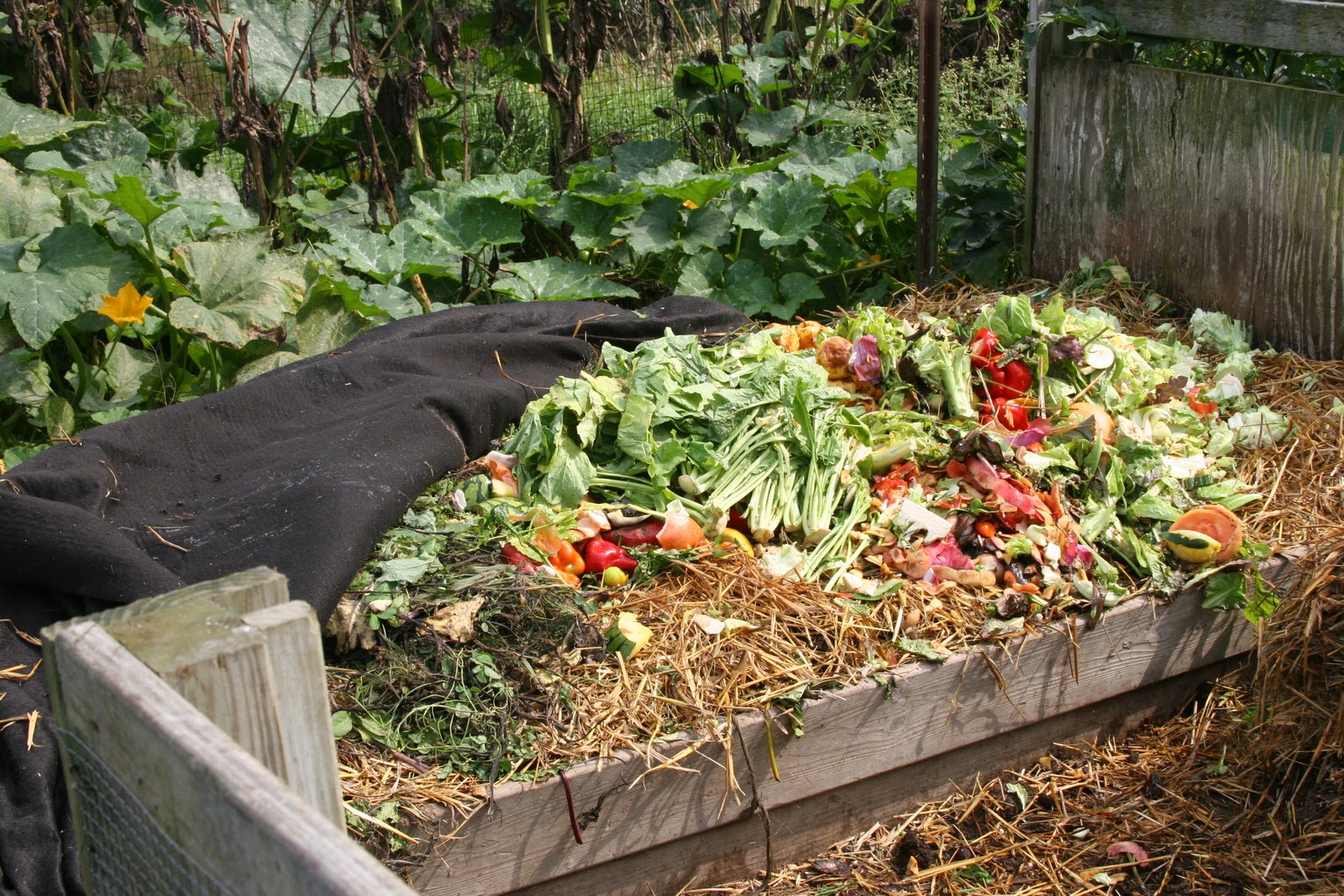A greener garden space doesn't just mean one with more plants, being environmentally friendly is a multi-faceted thing. Here are some tips to help.
Attracting Friendly Bugs
This is one of the most important things that you need to do in order to maintain a greener garden. It is true that there are plenty of bugs such as greenflies that are harmful to your garden, but there are also friendly bugs such as ladybugs, ground beetles, and lacewings that can help reduce the population of harmful bugs in the garden. Whether you like to see them flying about the garden or you absolutely detest insects, you need to attract the good bugs to maintain a green garden in the long run.
Lacewings and ladybugs prey on aphids such as the blackfly. If your garden is infested with aphids, you should consider planting a flower border of candytuft, sunflowers, and marigolds to attract the friendly bugs and minimize the damage in your garden.
Recycling, Reducing And Reusing
You need to reduce the amount of waste created in your garden by using your own compost, growing your own fruits & vegetables, and buying only recyclable packaging. The most important thing is to reuse what you already have such as vegetable peelings, garden fencing, plant clippings, and using a water butt in order to decrease the amount of fresh water used in your garden.
Wooden containers, plastic bottles, and everyday packagings cold be reused in a variety of ways in your garden. You can use plastic bottles as seedling protectors by cutting the base of the bottle and placing it over the seedling patch. You may even design a makeshift watering can for the greenhouse - which won't take much space at all. You can simply poke a few holes into the lid of the bottle and use it to sprinkle water on the crops.
If you use lights and other electrical devices in the garden then you should also be aware of your energy needs. Comparing energy deals can help you here.
Whether you plan to design a more attractive garden or plan to become an eco-friendly citizen, there are numerous methods of doing so without having to burn a hole in your wallet or harm the environment. Here are some eco-friendly methods that you can use.
The Early Bird Will Catch The Worm
Birds usually serve as a natural protector against snails, caterpillars, slugs, grubs, and other pests that destroy your garden. Install nesting boxes and bird feeders in the garden to encourage more birds to visit it. Birds and friendly insects will help save money that you may have to spend on synthetic insecticides, weed killers, and fungicides - which are toxic to the environment. Using environmentally friendly slug pellets and plant barriers like crushed eggshells are some of the most effective methods in this regard.
Setting Up A Compost Bin
Although you can purchase soil from a local gardening store, compost is the most important supplement that you should have in your garden. It helps give the garden all the vital nutrients it needs to grow and is a more environmental and wallet-friendly solution for your garden.
Compost helps introduce new and beneficial microorganisms that will aerate the soil, prevent plant diseases from spreading, break down materials & encourage plant growth, serves as a natural alternative to synthetic fertilizers, and retain moisture in the soil.
You should start collecting compostable ingredients such as coffee grounds, eggshells, tea leaves, fruit & vegetable peelings, weeds, and shredded paper to set up your own compost bin. Avoid fish scraps, meat, and bones since they can attract pests to the compost. Once you put all these ingredients together, spread a mix of garden waste over a warm and partly sunny site in your garden. The mixture will encourage compost-making bugs when the weather conditions are right. The compost would be ready to use within 6-9 months the most. If you have any outdoor pets they may consume the compost, make sure you surround the soil with a durable fencing. Fencing material can be easily purchased online or at a home improvement retailer.
